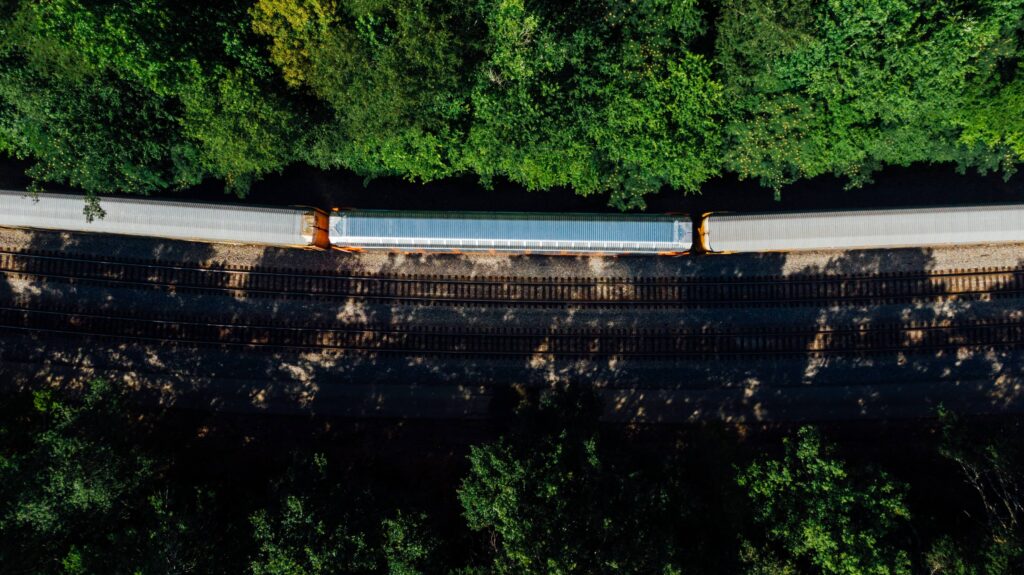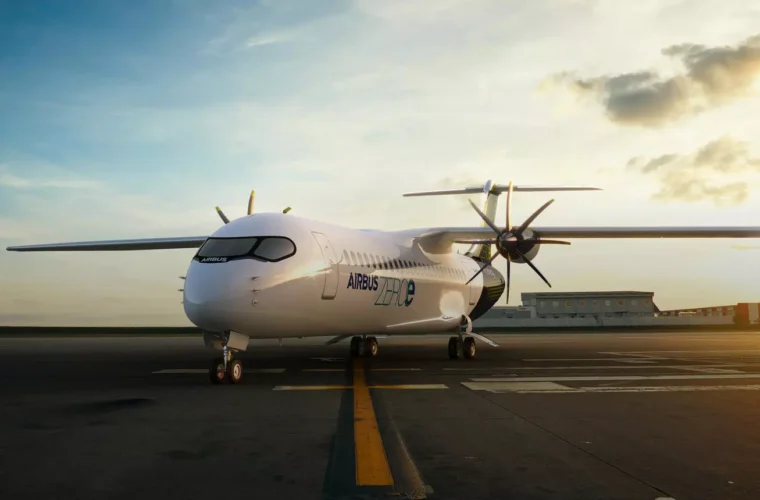Zeroing in on climate targets, the European Commission declared 2021 the European Year of Rail. While the health crisis could limit the immediate relevance of this news, rail network plans are already well underway.
The days of smooth trans-European transport look set for a revival.
The European Green Deal is the European Union’s (EU) plan for reshaping and instilling sustainability into its economy and society. The aim is to be the first carbon-neutral continent in the world, through more efficient use of resources, circular economic practices, massive reductions in pollution, and initiatives that restore natural biodiversity.
A reunion with rail is a key part of this strategy.

Symbolic locomotives
In a bid to highlight the benefits of rail as a sustainable form of transport, Austria’s climate protection minister, Leonore Gewessler, accompanied by Martin Selmayr, the European Commission’s ambassador to Austria — inaugurated the Year of Rail Locomotive in Vienna.
The uniquely branded train will fly its colours across Austria and neighbouring countries, acting as an emissary for the EU’s rail ambitions.
“The European Year of Rail comes at exactly the right time,” Selmayr said, adding that the train symbolically shows that the EU is ready to start bringing rail into the “vision of a strong, ecological and cosmopolitan continent.”
In 2017, transport made up around 25% of EU greenhouse gas emissions.
“Transport is our problem child in climate protection. That is why we are investing so much money today in expanding the rail infrastructure,” Gewessler said.
The EU push for greater use of trains is based on the significantly lower carbon footprint of rail over other modes of transport. A flight from Paris to Berlin causes at least six times the carbon emissions of a train journey. In fact, when other non-CO2 impacts are considered, the same flight causes 18 times the climate impact.
At present, rail travel accounts for just 8% of passengers in EU member states.
Transportation has come full circle: it was the hyper low-cost airlines that diverted passengers and blunted rail’s prospects over the past few decades. Now that the price of ever faster, ever cheaper transport is better understood, rail is lining itself up for a renaissance.
“Our future mobility needs to be sustainable, safe, comfortable and affordable. Rail offers all of that […] The European Year of Rail gives us the opportunity to re-discover this mode of transport,” explained Adina Vălean, European Commissioner for Transport.

A Trans-European revival
A report funded by the German Ministry of Environment argues that reviving and modernising the Trans-European Express rail lines connecting major European cities could be a powerful enabler in the EU’s march to net-zero.
“What is needed is a European spirit in planning and management of rail services, and start-up support for new international services. In the 1960s and 70s, a network of direct transcontinental services connected Europe across borders – the Trans-Europe Express (TEE),” according to the report.
Many inter-border routes were closed over the years, but the renewed interest in rail could see them resurrected. While originally Trans-European Express routes were a luxury, offering only first-class passage, their modern rebirth will need to be more affordable, less exclusive, and better able to cater to different kinds of passengers.
From 2024, new night train services could link Switzerland to Amsterdam, Barcelona and Rome, with Swiss rail operator SBB teaming up with Austria’s ÖBB to make this a reality.
Plans also exist in France to restore night train links between major cities, stretching from Paris to Bordeaux, and over the Spanish border to Madrid. Services from Paris to Vienna are planned to roll out in December this year.
“Overnight trains have a long legacy at SNCF. They’re attracting a lot of interest today, not only from travellers but also from governments, because they’re essential to providing service to certain regions,” explained Jean-Pierre Farandou, Chairman and CEO of France’s national rail operator SNCF.



